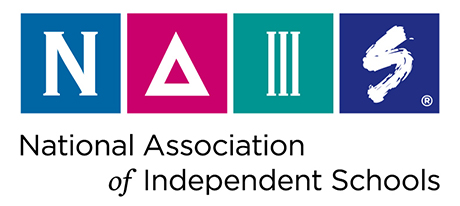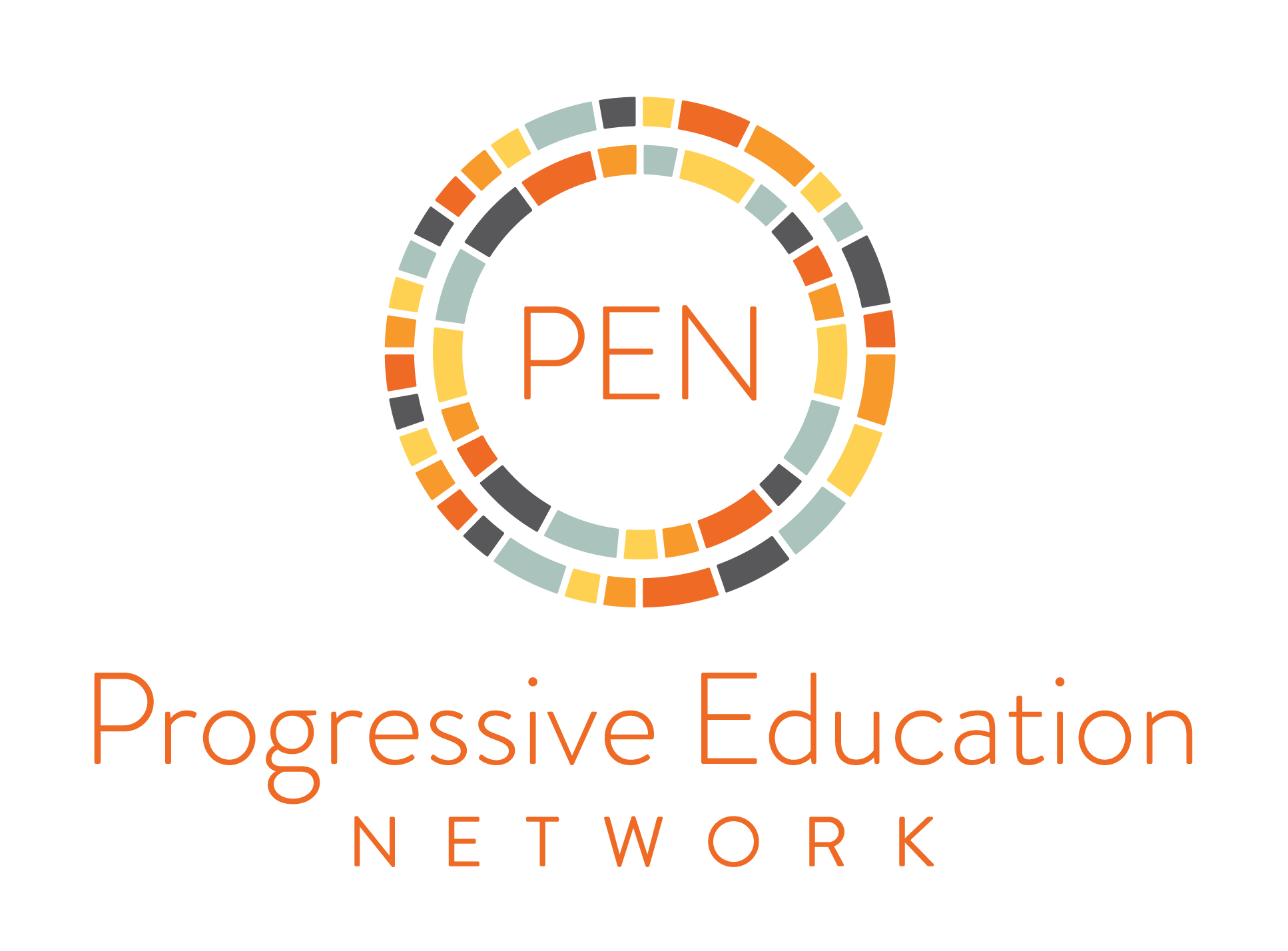Progressive Education
Progressive education has evolved over the years and the term is interpreted in many ways. There are a few elements that are common among all progressive schools and are practiced among progressive educators. The common elements of respect for each individual and the development of the whole child are present in progressive schools. Hands-on and experiential learning are also hallmarks of progressive education. At Crefeld, we believe that schools have an obligation to develop critically engaged citizens and seek to achieve this through a learner friendly curriculum in a community of individuals.
Developing critically engaged citizens is essential in developing the habits of mind needed to participate in today’s global society. Progressive education’s philosophy encourages schools to teach students to ask essential questions that solidify their understanding on particular issues; questions that not only clarify the issue, but also manifest what role they have played and can continue to play in seeking positive change. One avenue that schools can use to develop critically engaged citizens is to incorporate principles of progressive education such as creating opportunities for students to live a democracy in their everyday school lives. Having students actively facilitate “Town Hall Meetings,” gives the students insight into how a democracy runs. John Dewey, in the first half of the twentieth century, pioneered the notion that schools had an obligation to teach students how to effectively engage in the democratic process. His core beliefs are very much present in progressive schools today.
Another positive attribute of progressive education methodologies is that they encourage a learner friendly curriculum. A learner friendly curriculum is one that is student-centered and successfully meets the needs of all learners. Curriculum is differentiated based on learning profile, interest, and readiness. The focus is on depth rather than breadth. This approach promotes student success and helps each individual discover and develop his or her passion. Simultaneously, it can be both rigorous and supportive. Through a learner friendly curriculum, students develop intrinsic motivation and take ownership for their education. A strengths-based approach allows schools to celebrate what students do well, while helping them develop compensation strategies for their weaknesses.
Learning communities that are safe, both physically and emotionally, create classrooms where kids are encouraged to take risks. Establishing a positive school culture from the administration down and from the student body up is paramount to making students feel appreciated, valued, and understood. It is through these personal relationships that students engage in ongoing dialogue about their needs and desires. Progressive education promotes this philosophy, which meets the core needs of all students.





